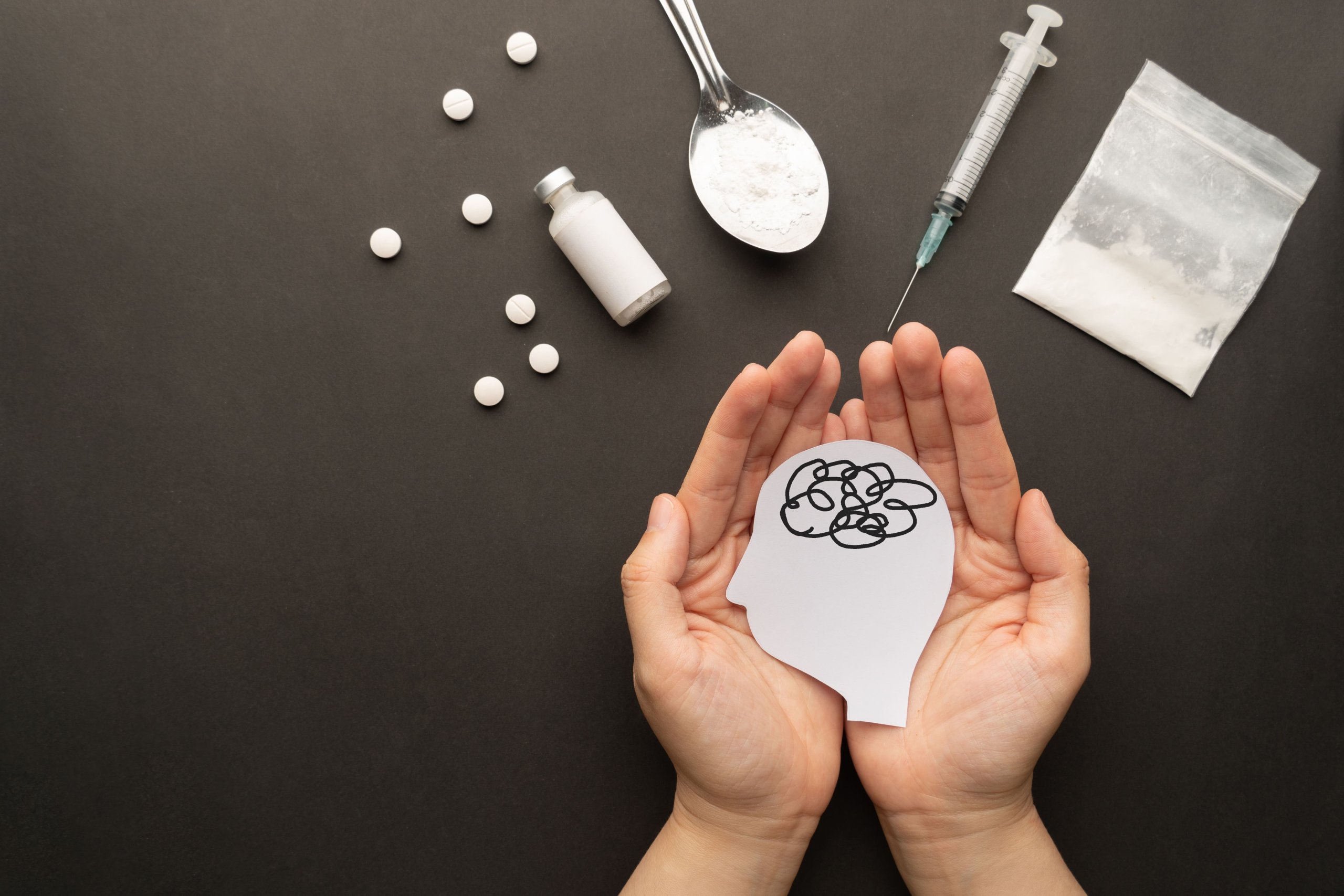The teenage years are full of change, growth, and self-discovery, but for some, this time is clouded by struggles with addiction or mental health.
Unfortunately, substance abuse has become a widespread issue affecting teens from all backgrounds. In fact, statistics show that about 1 in 8 teenagers abused an illicit substance in 2023, according to the National Center for Drug Abuse Statistics.
In response to these challenges, teen rehab programs offer a much-needed lifeline, providing a safe and supportive space where teens can face their struggles, build healthy coping skills, and begin their journey to recovery.
Understanding the Need for Teen Rehab
Adolescence is a unique time with rapid brain development, emotional ups and downs, and plenty of social pressure. These factors make teens especially vulnerable to substance use, which can make recovery more challenging.
Traditional rehab programs, often geared toward adults, might not fully address the specific needs and hurdles that teens face.
Here’s why specialized teen rehab matters:
- Developmental Differences: Teen brains are still developing, which affects decision-making, impulse control, and how they respond to peer pressure. Teen rehab programs use therapies that fit these unique developmental needs.
- Peer Influence: Social circles have a huge impact on teen behavior. In traditional rehab, teens could be around older individuals with longer addiction histories, which might slow their progress. Teen rehab creates a safe environment with supportive peer interactions.
- Family Dynamics: Family issues can often contribute to or exacerbate teen substance use. Teen rehab involves families in the recovery journey, offering education, therapy, and support to help rebuild family bonds.
It’s important to recognize that for many teens, the first time in rehab might not lead to lasting recovery. The journey to sobriety often includes setbacks and relapses, and that’s okay. Teen rehab offers a crucial starting point, giving teens and their families the education, tools, and support they need to navigate this tough journey.
For parents, enrolling their teen in rehab can provide peace of mind. It means taking a proactive step and getting professional help during a tough time. While the ultimate responsibility for recovery lies with the teen, rehab creates a structured, supportive space that increases their chances of success.
Inside Teen Rehab: What to Expect
Teen rehab isn’t a one-size-fits-all approach. Different types of programs cater to the specific needs of teens dealing with substance use:
- Residential Treatment: Teens live full-time at the facility, providing a structured, immersive environment away from triggers and negative influences.
- Outpatient Treatment: Teens attend therapy sessions and programs during the day but stay at home. This option works well for those with milder issues and strong family support.
- Therapeutic Boarding Schools: These programs mix residential treatment with academics, so teens can keep up with school while tackling substance use.
- Wilderness Programs: Involving outdoor activities and challenges, these programs aim to promote personal growth and self-discovery. However, they can be controversial and aren’t right for everyone.
Dispelling the Myths
There are a few common misconceptions about teenage substance abuse treatment centers. Let’s address a few:
“Wilderness therapy is just rehab in nature.” While wilderness programs do use outdoor activities, they can be intense and emotionally challenging. It’s essential to research and choose a program focused on strong therapeutic support and ethical practices.
“Teens can’t be taken to rehab against their will.” In some cases, interventions and even involuntary commitment are possible if a teen is a danger to themselves or others.
“Rehab exposes teens to new drugs.” While there’s always some risk, reputable teen rehab centers have strict measures to prevent drug exposure and create a safe space.
Key Components of Teen Rehab
Effective substance abuse treatment for teens often includes a mix of these approaches:
- Individual Therapy: Gives teens a safe space to work through their emotions, understand triggers, and build coping skills.
- Group Therapy: Lets teens connect with others going through similar experiences, helping them build a supportive community.
- Family Therapy: Focuses on family dynamics and repairing relationships affected by substance use. Many programs have a Family Week, where families join in intensive therapy together.
- Medication-Assisted Treatment (MAT): Sometimes, medication is used to help manage withdrawal symptoms or cravings.
- Holistic Therapies: Options like art therapy, music therapy, equine therapy, yoga, and mindfulness support emotional well-being and self-expression.
- Academic Support: Many programs provide tutoring and other resources to help teens keep up with school.
Benefits of Teen Rehab
Enrolling your teen in a specialized substance abuse program can be a real lifeline during tough times. Teen-focused treatment offers many benefits, both immediately and in the long run.
Short-Term Benefits
- Safe and Supportive Environment: Teen rehab provides a structured space, free from triggers and negative influences, so teens can focus on recovery and build healthy habits.
- Breaking the Cycle: Rehab equips teens with tools to identify triggers, manage cravings, and create healthier routines.
- Building Coping Skills: Therapy and group activities teach essential skills for handling stress, emotions, and challenges without turning to substances.
- Addressing Mental Health: Many teens dealing with addiction also face issues like anxiety or depression. Rehab offers integrated treatment for both.
Long-Term Benefits
- Lower Relapse Risk: Teen rehab builds a strong foundation for long-term sobriety, teaching teens relapse prevention and giving them a supportive network for future challenges.
- Better Academics and Social Life: By tackling addiction and mental health issues, teens can boost focus, improve grades, and develop healthier social skills and relationships.
- Greater Life Satisfaction: Rehab helps teens reclaim their lives, equipping them with the tools to build a fulfilling, addiction-free future.
The “Ugly Truth” and Finding Hope
The journey through teenage drug abuse treatment isn’t easy. Teens might face stigma, especially from peers who don’t understand addiction. But rehab can be a vital first step in breaking that stigma.
Programs like AA give teens access to a supportive community and helpful resources. They build a network beyond family and, most importantly, see what a sober life can look like, offering hope for a better future.
Choosing the Right Teen Rehab
Finding the right substance abuse program for teens is key to supporting their recovery. Here are a few things to keep in mind:
- Look for programs accredited by organizations to ensure quality and safety.
- Make sure the program’s methods (CBT, DBT, etc.) align with your teen’s needs.
- Some programs focus on specific addictions or mental health issues—pick one that fits your teen’s needs.
- Decide whether a natural, secluded setting or something closer to home is best for their recovery.
- Ask about aftercare support for long-term success.
If your teen is struggling with substance use, don’t wait—take the first step today.
Browse our intensive outpatient programs at Taste Recovery, designed specifically for teens. Our filters make it easy to find the perfect fit.
Table of Contents
Chapter Navigation
Continue Reading
Chapter 12
We provide a detailed comparison of these two options, weighing the pros and cons to help you figure out which one is the best fit for your treatment needs.
Chapter 13
This chapter covers the facts of substance abuse, including the science behind addiction and how it affects people.
Chapter 14
We look into the ethical questions around forcing someone into rehab and whether or not it actually works.



